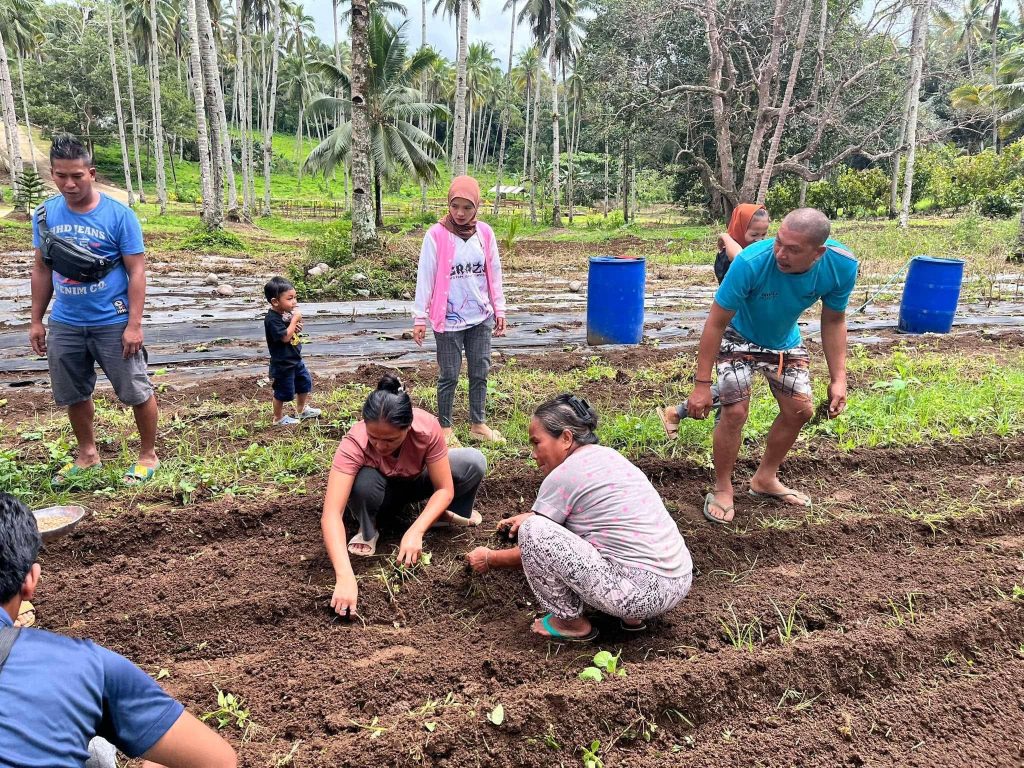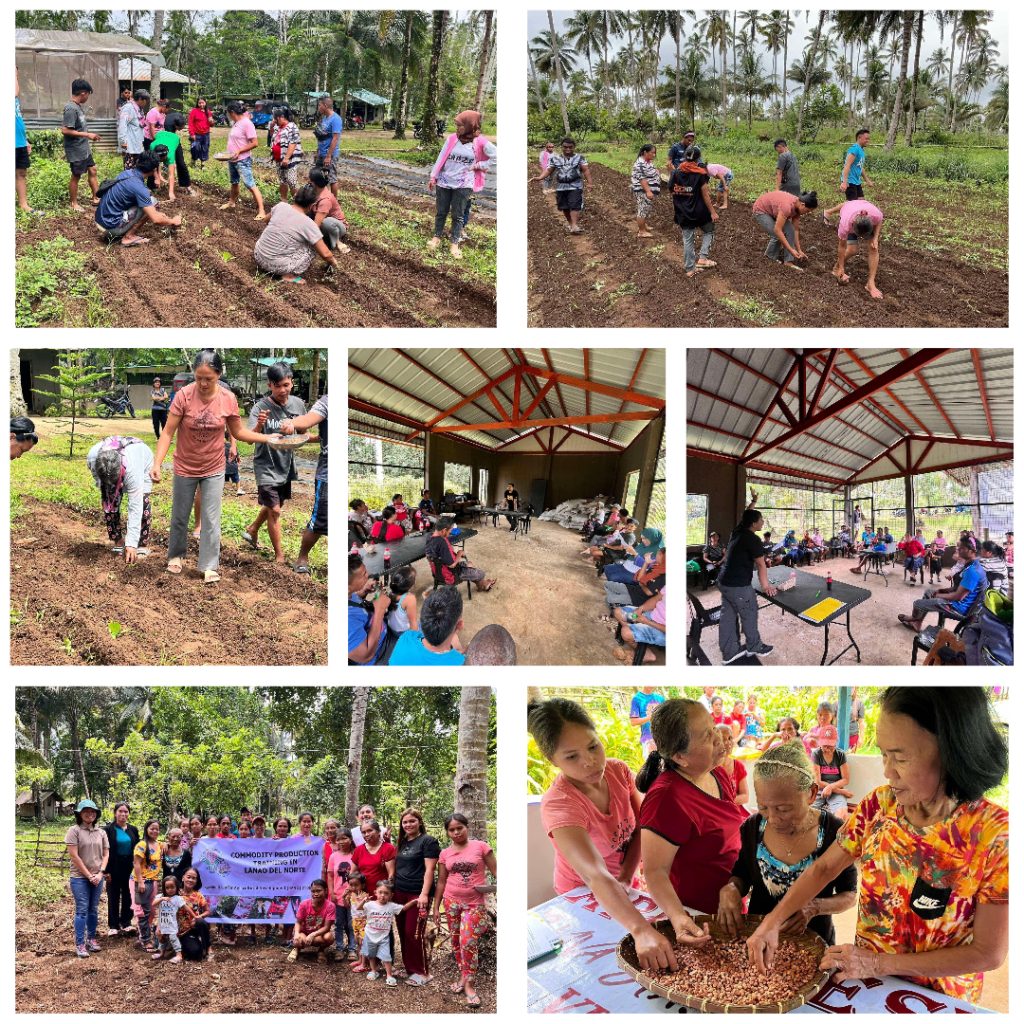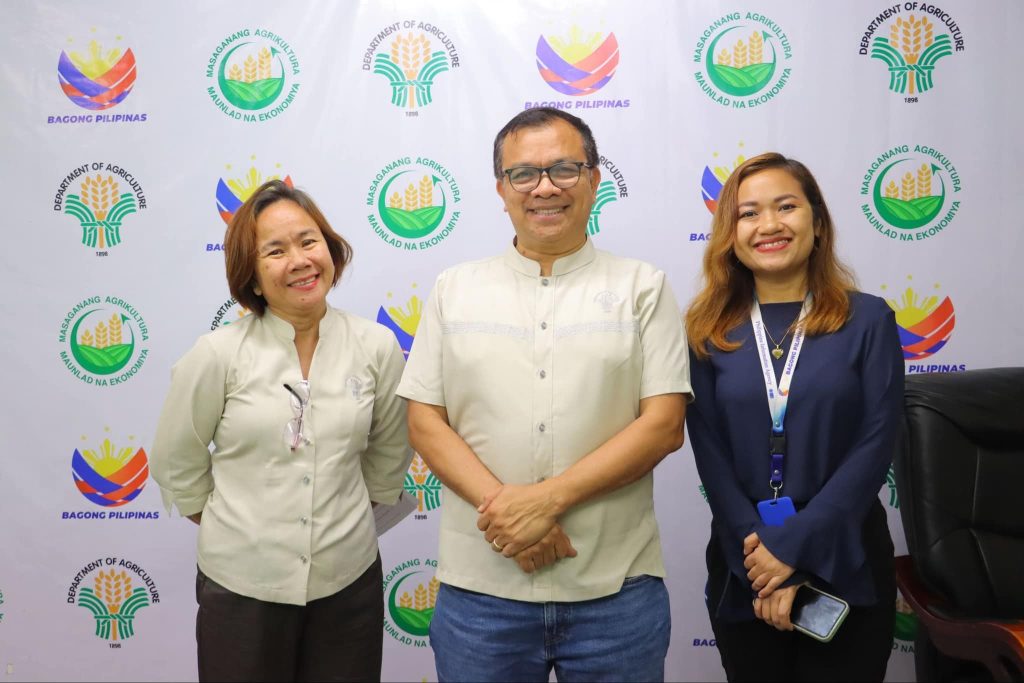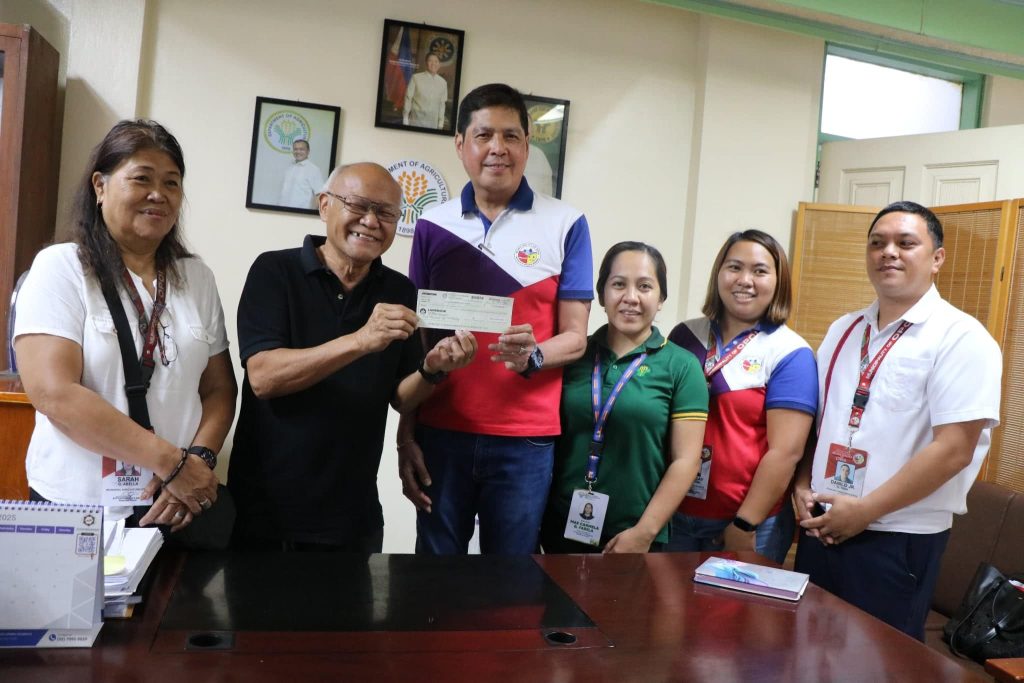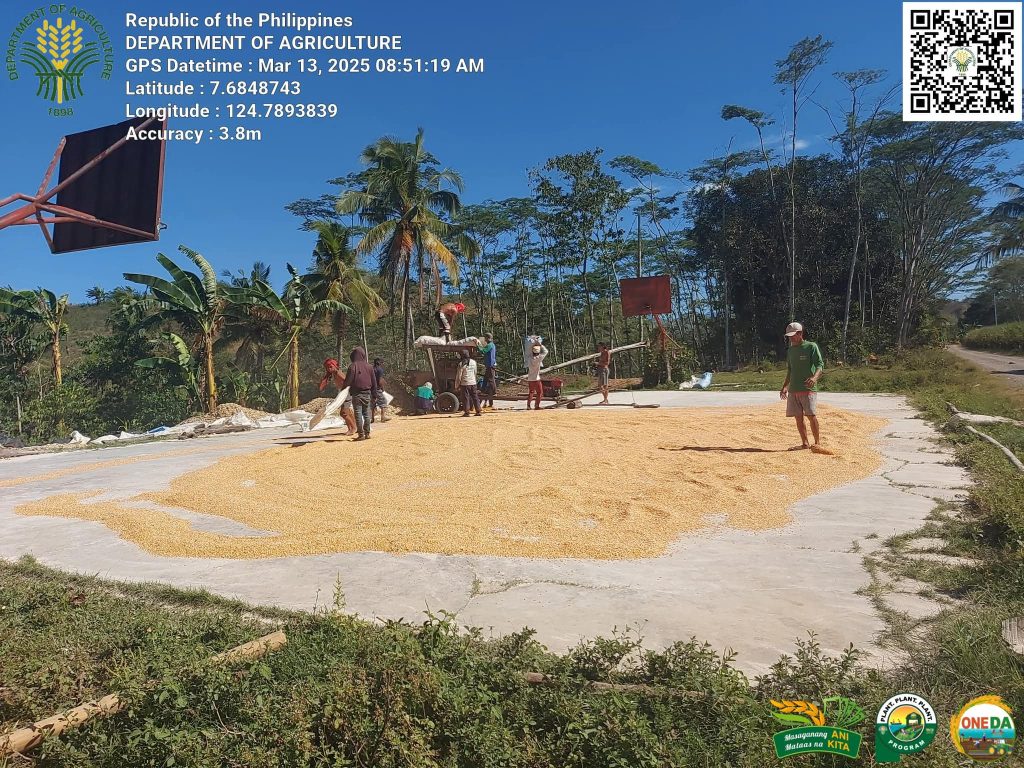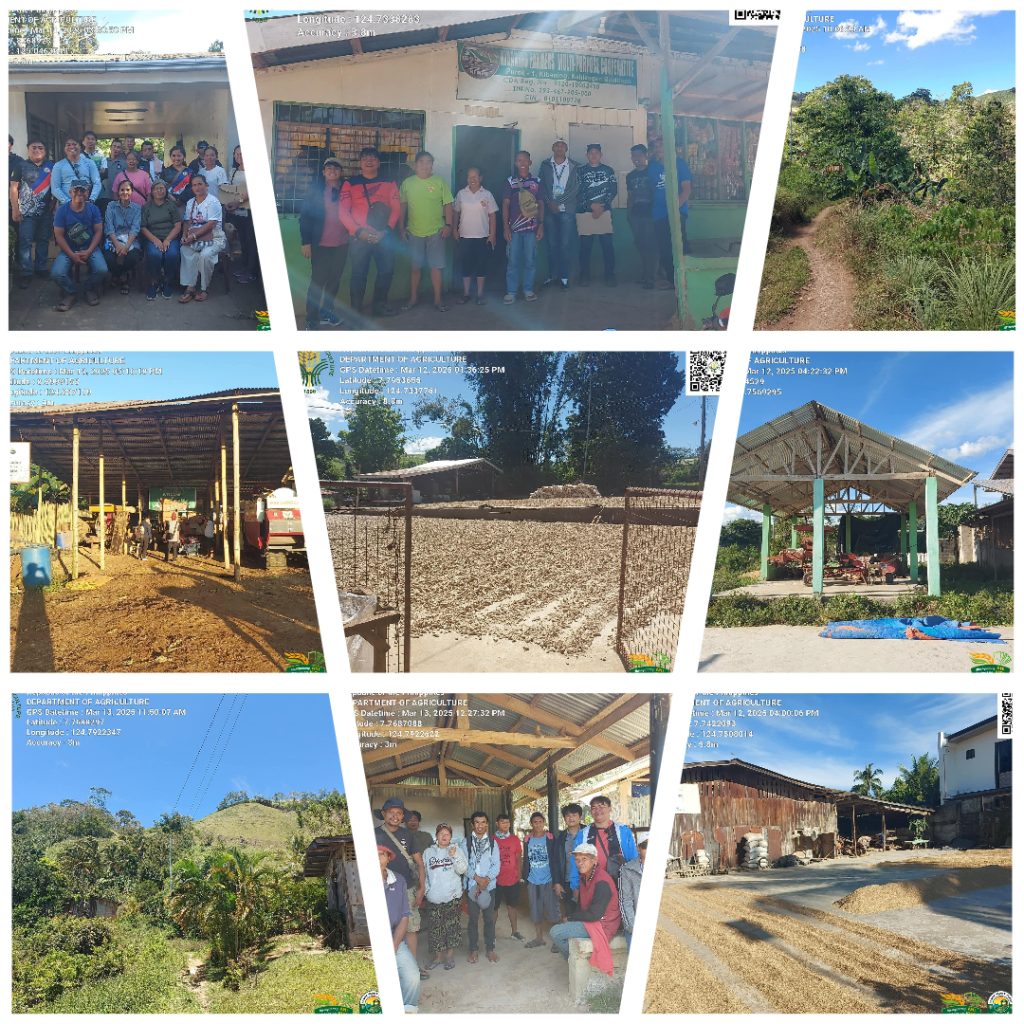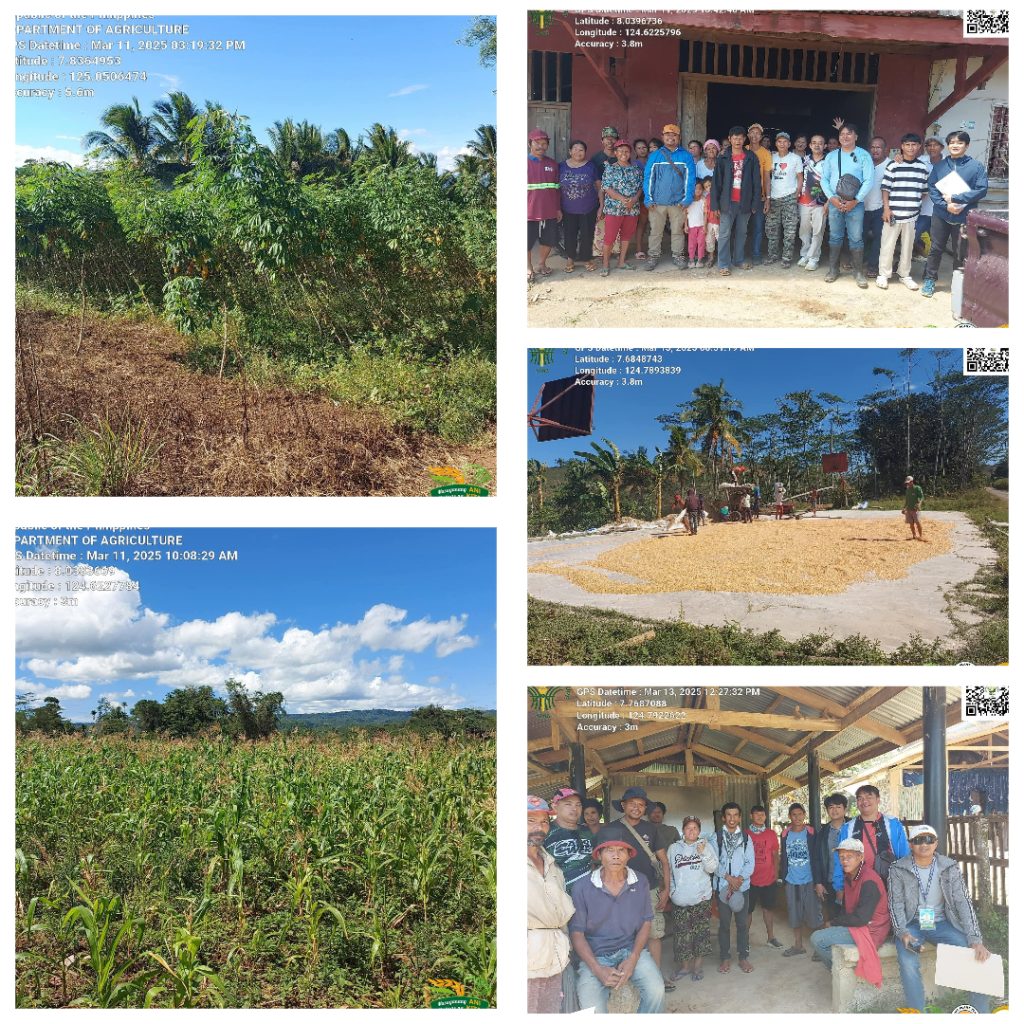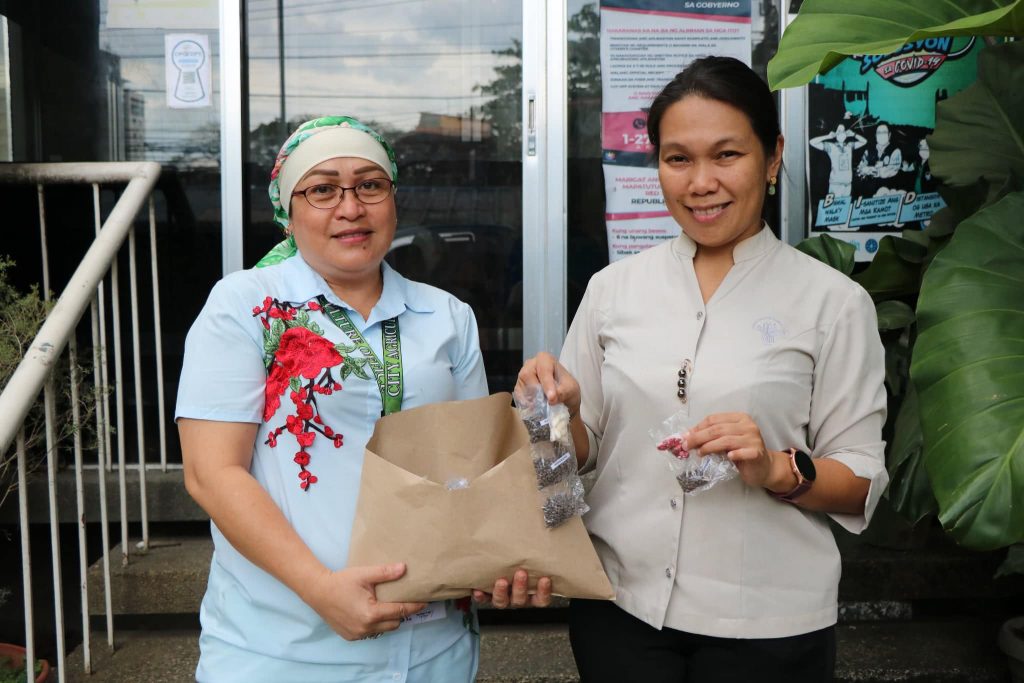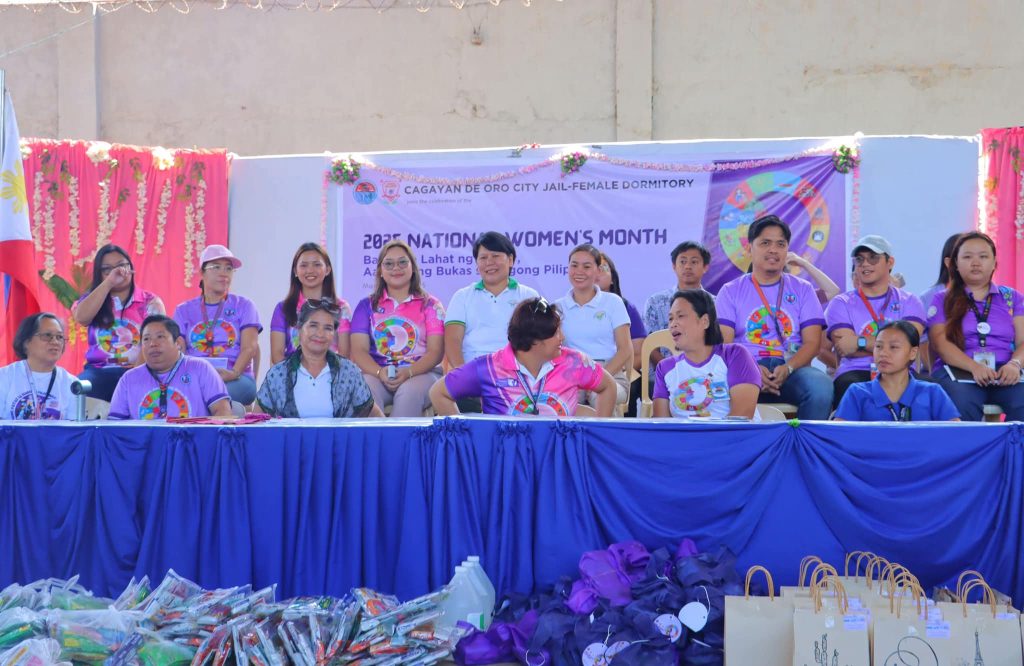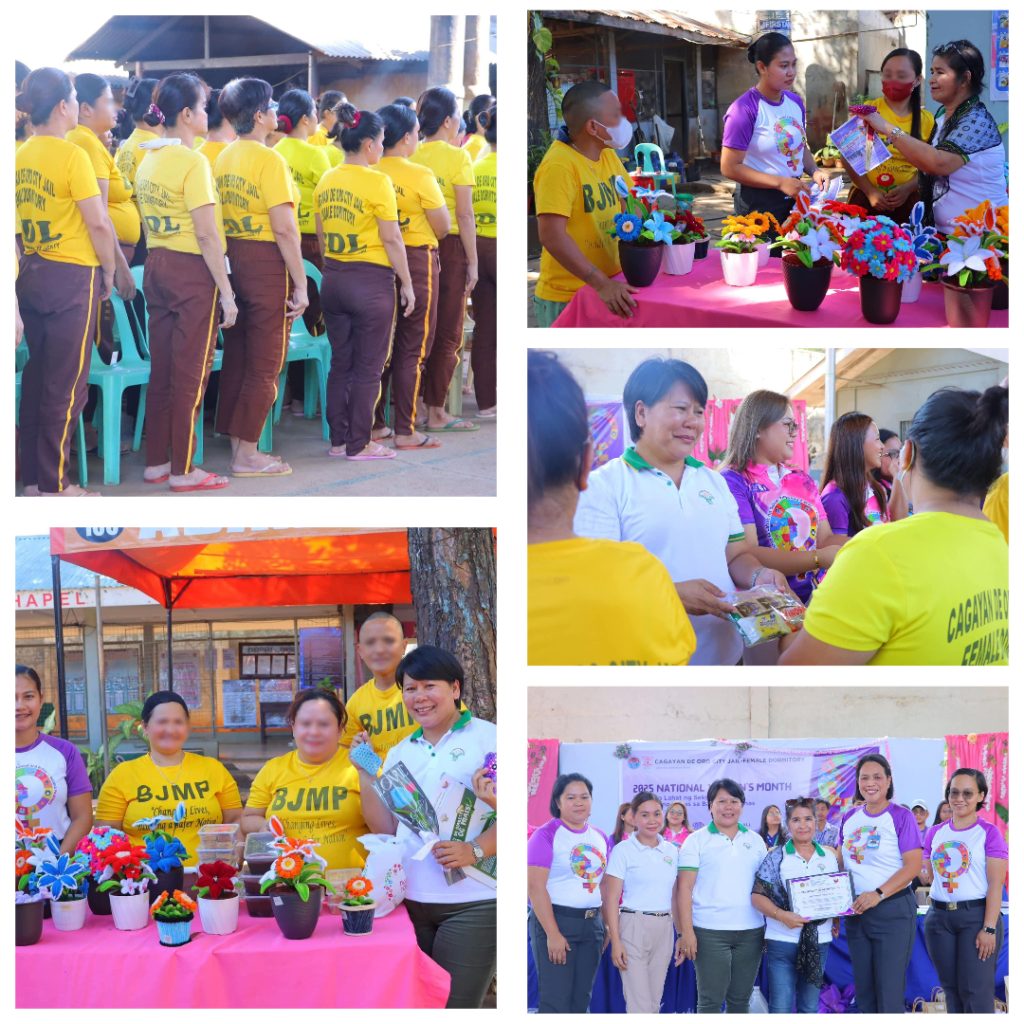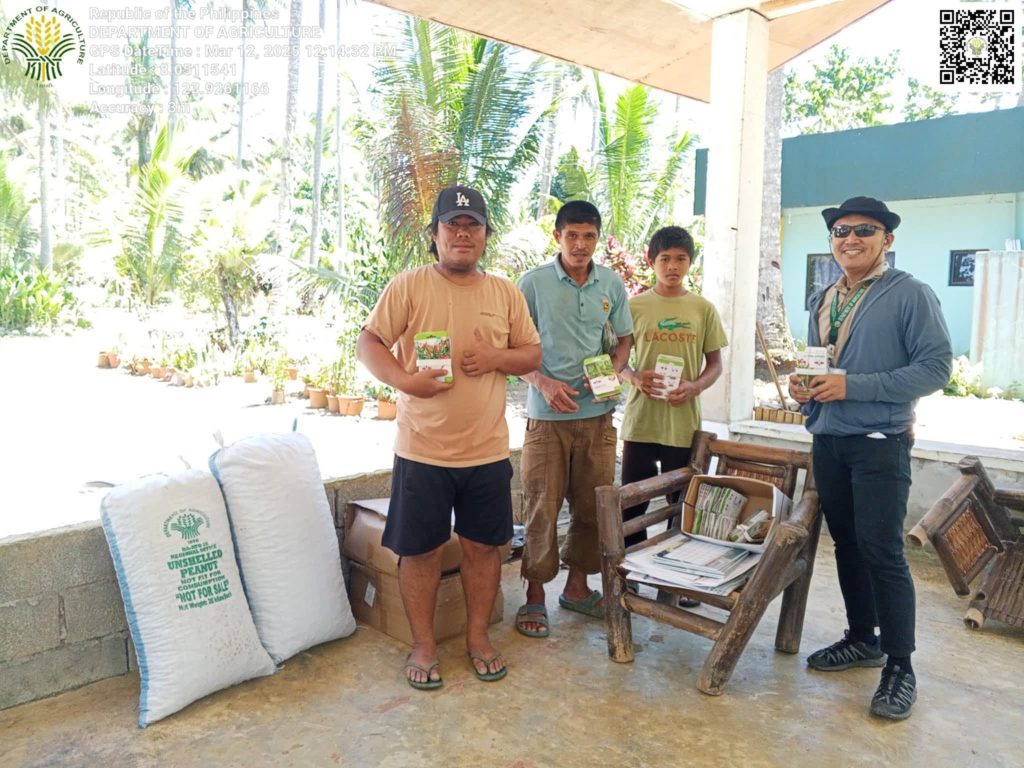
DA-SAAD NorMin boosts agri support to Lanao Norte farmers
LANAO DEL NORTE – As part of its continuing commitment to bolster inclusive agricultural development, the Department of Agriculture – Special Area for Agricultural Development Program Northern Mindanao (DA-SAAD NorMin) turned over recently an assortment of vegetable seeds to the Small Banisilon Farmers Association (SBFA) of Tangcal town, here.
The agricultural inputs provided include 20 packets each of kangkong, ampalaya, squash, red chili and pechay; 10 packets each of white gourd, eggplant, tomato and okra. Additionally, the association received 2 sacks peanut seeds and 10 rolls UV-treated plastic in support of its high value crops production project.
To maximize the potential of the one-hectare cumulative production area tilled by members of the SBFA, the DA-SAAD NorMin assisted the association in constructing a plant nursery by utilizing the granted UV plastic. As their counterpart, the association will provide readily and locally available materials such as bamboo and timber to build the nursery.
While capacitating the farmers in producing their own food for household consumption, the DA-SAAD NorMin also engaged the farmers to embrace agricultural entrepreneurship by assisting them in establishing community-based enterprise in their community.
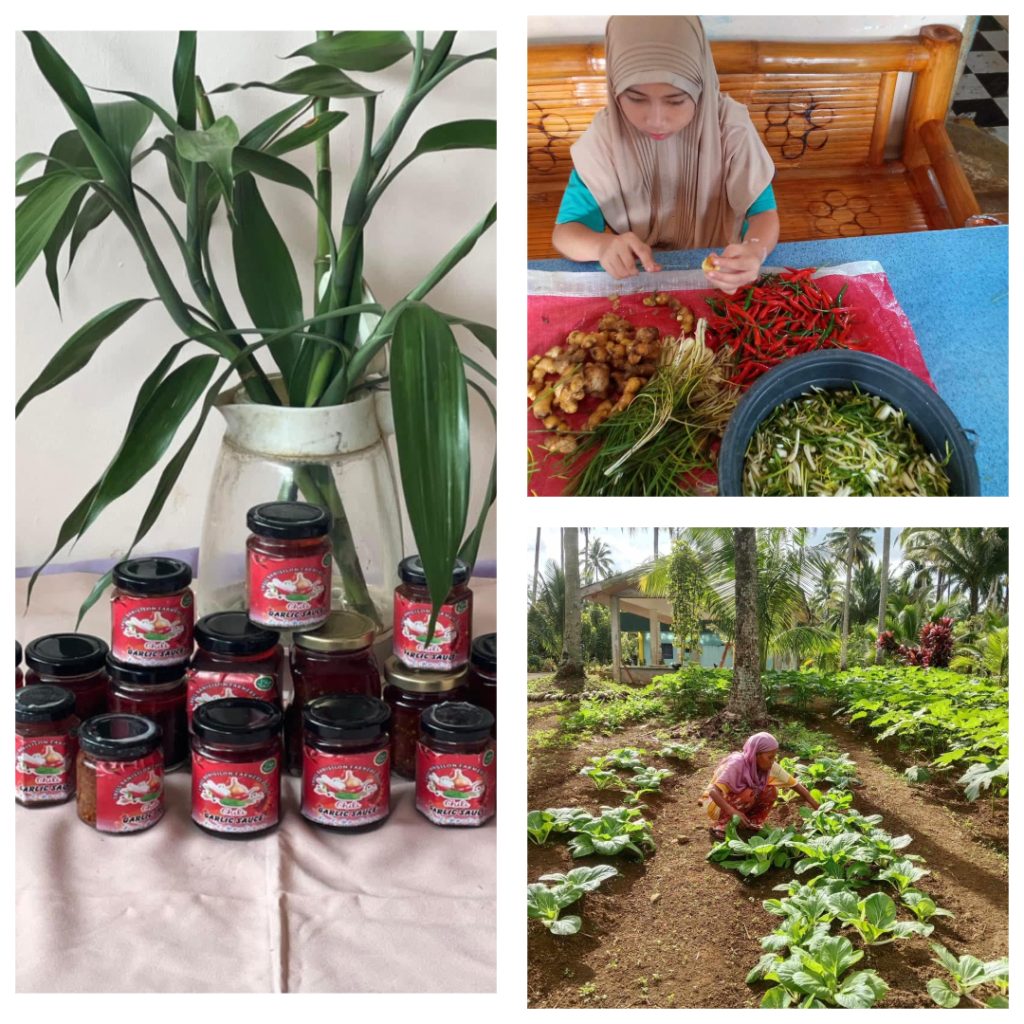
According to Cairon Mapandi, SBFA president, the association has recently started processing chili garlic sauce. They have produced some 400 bottles of said product and sold them mainly in the town’s local market.
The SBFA reportedly earned over Php9k from chili garlic sauce production. The association is targeting to increase their production volume and expand their market reach to neighboring localities.
The SBFA is founded by 25 farmers who belong to Meranaw tribe – a muslim Filipino ethnic group, residing in the municipality of Tangcal.
Tangcal is a 5th class municipality with a poverty incidence rate of 44.1% according to the 2018 census of the PSA.# (ATT/Photo credits: AMS)

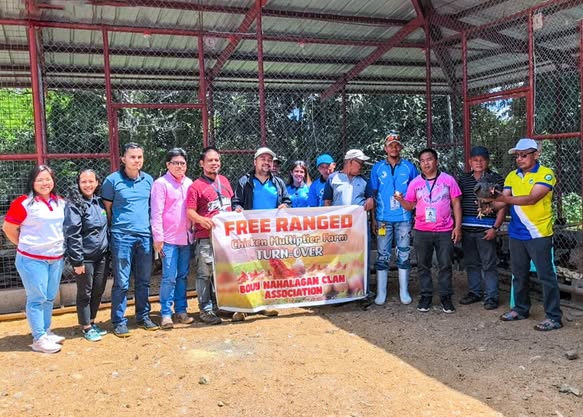
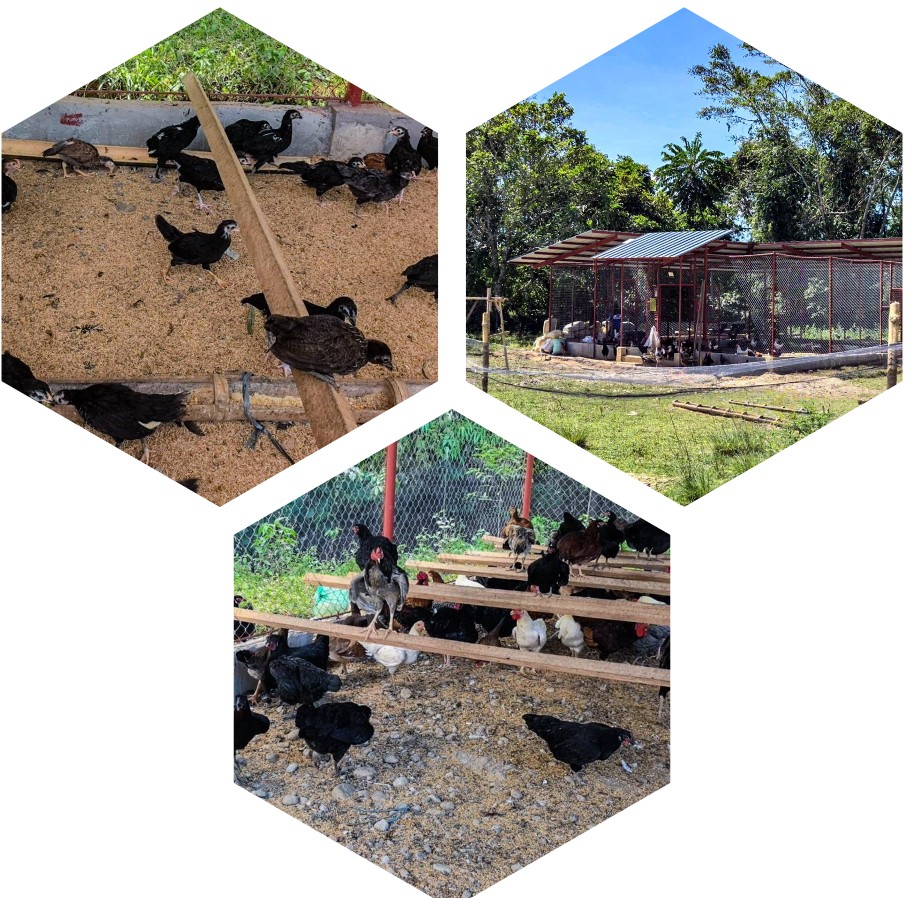
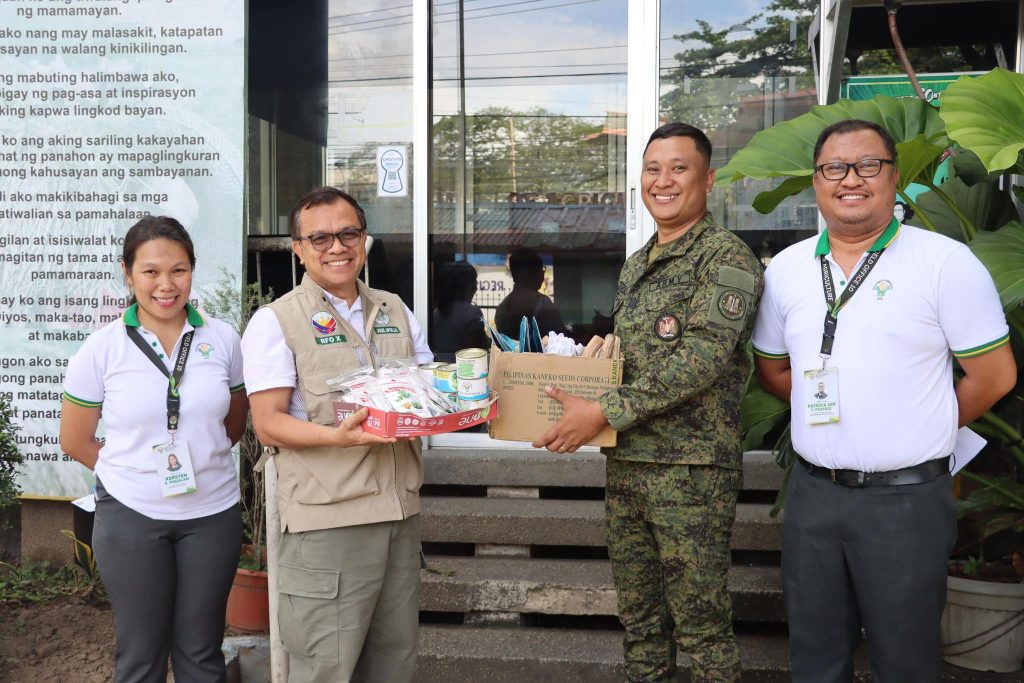
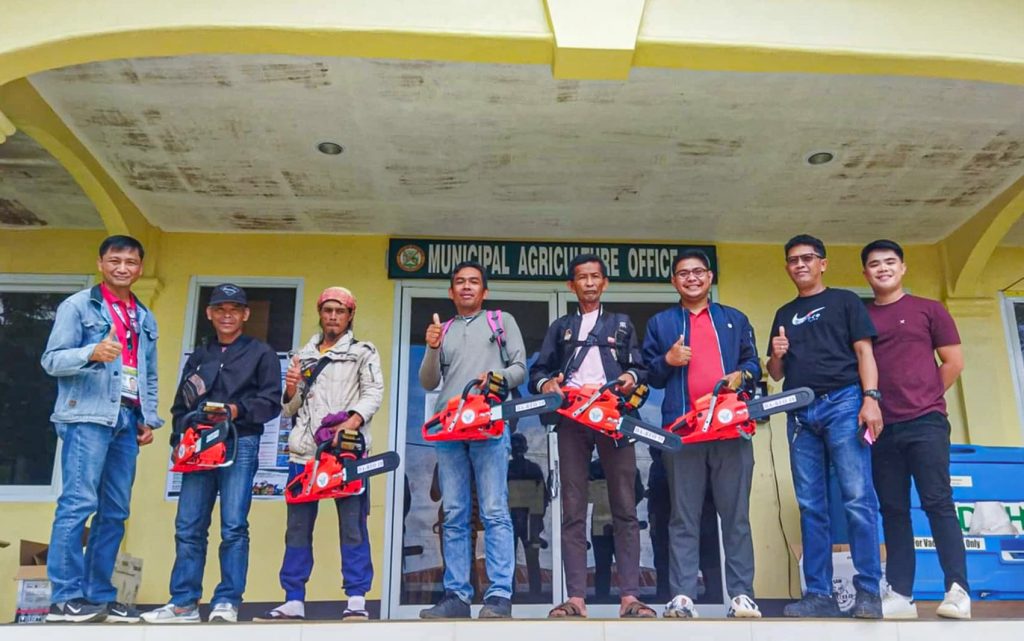 Maramag farmers receive agri intervention thru DA-10 HVCDP
Maramag farmers receive agri intervention thru DA-10 HVCDP